
Clarice Starling is a top student at the FBI's training academy. Jack Crawford wants Clarice to interview Dr. Hannibal Lecter, a brilliant psychiatrist who is also a violent psychopath, serving life behind bars for various acts of murder and cannibalism. Crawford believes that Lecter may have insight into a case and that Starling, as an attractive young woman, may be just the bait to draw him out.

Embark on a delightful journey into the world of dogs in this documentary that reveals scientific and emotional insights about our lovable BFFs.
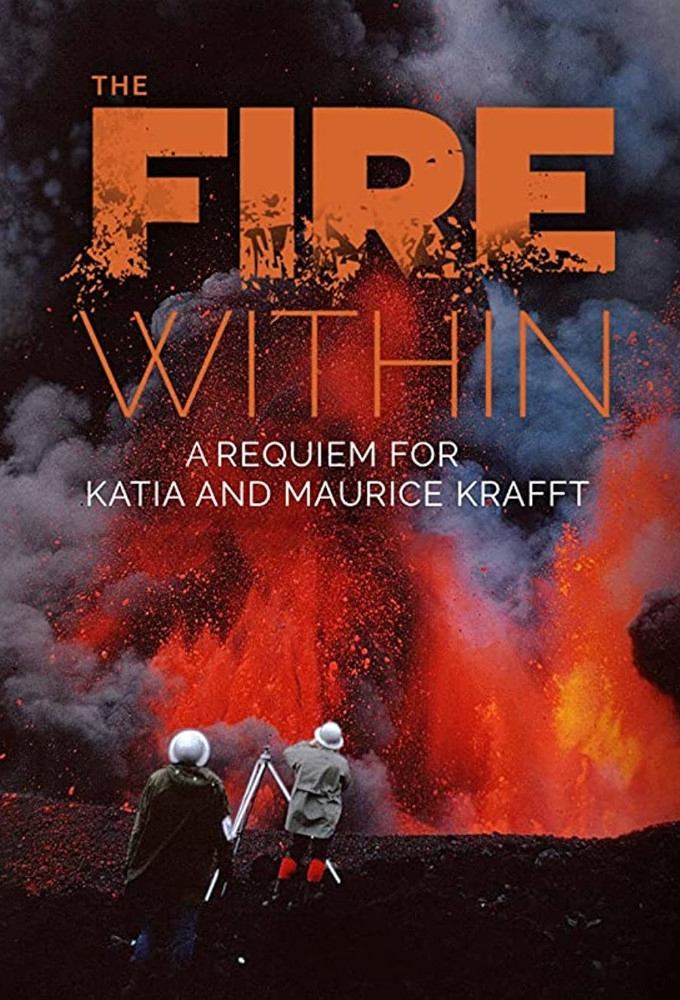
Filmmaker Werner Herzog combs through the film archives of volcanologists Katia and Maurice Krafft to create a film that celebrates their legacy.
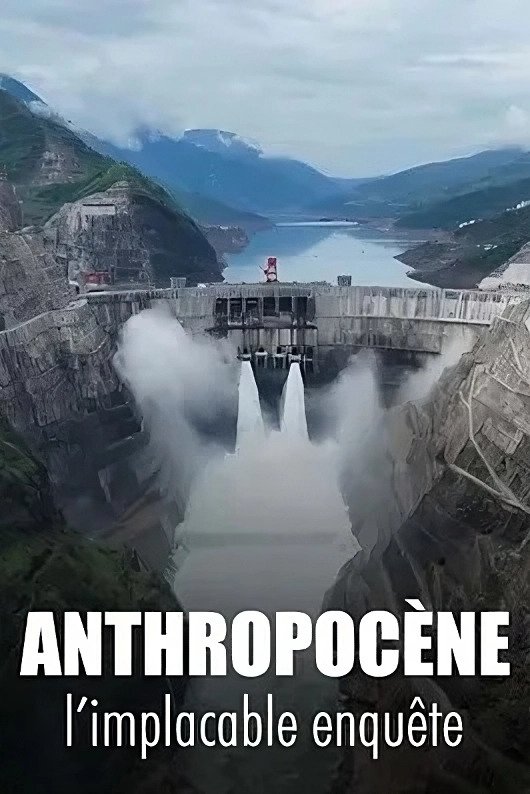
For several decades, geoscientists have been observing that the Earth is changing rapidly due to human intervention. This action has such a great impact on the biological, geological and atmospheric processes of the Earth that some scientists speak of the dawn of a new epoch: the Age of Man or the Anthropocene.
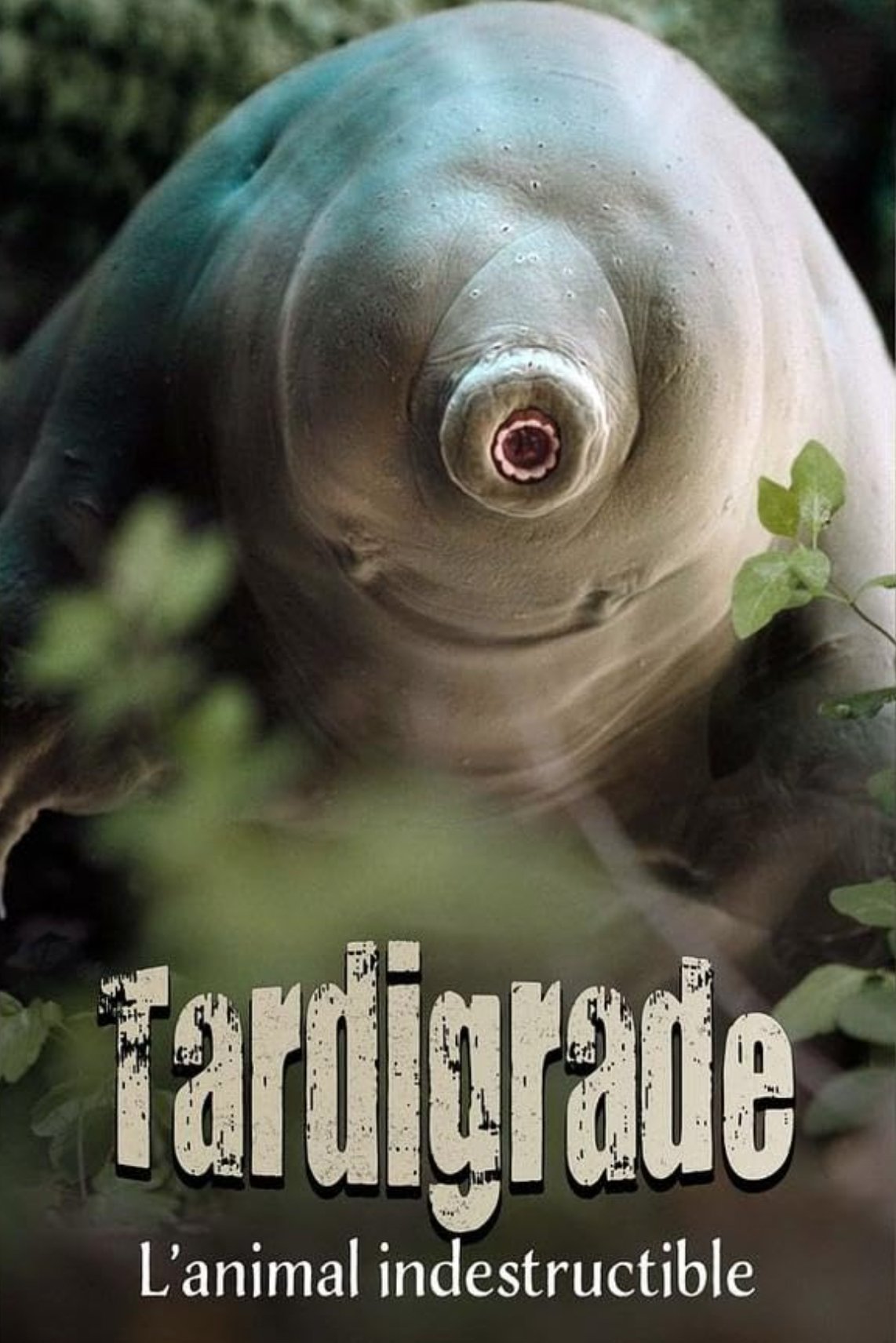
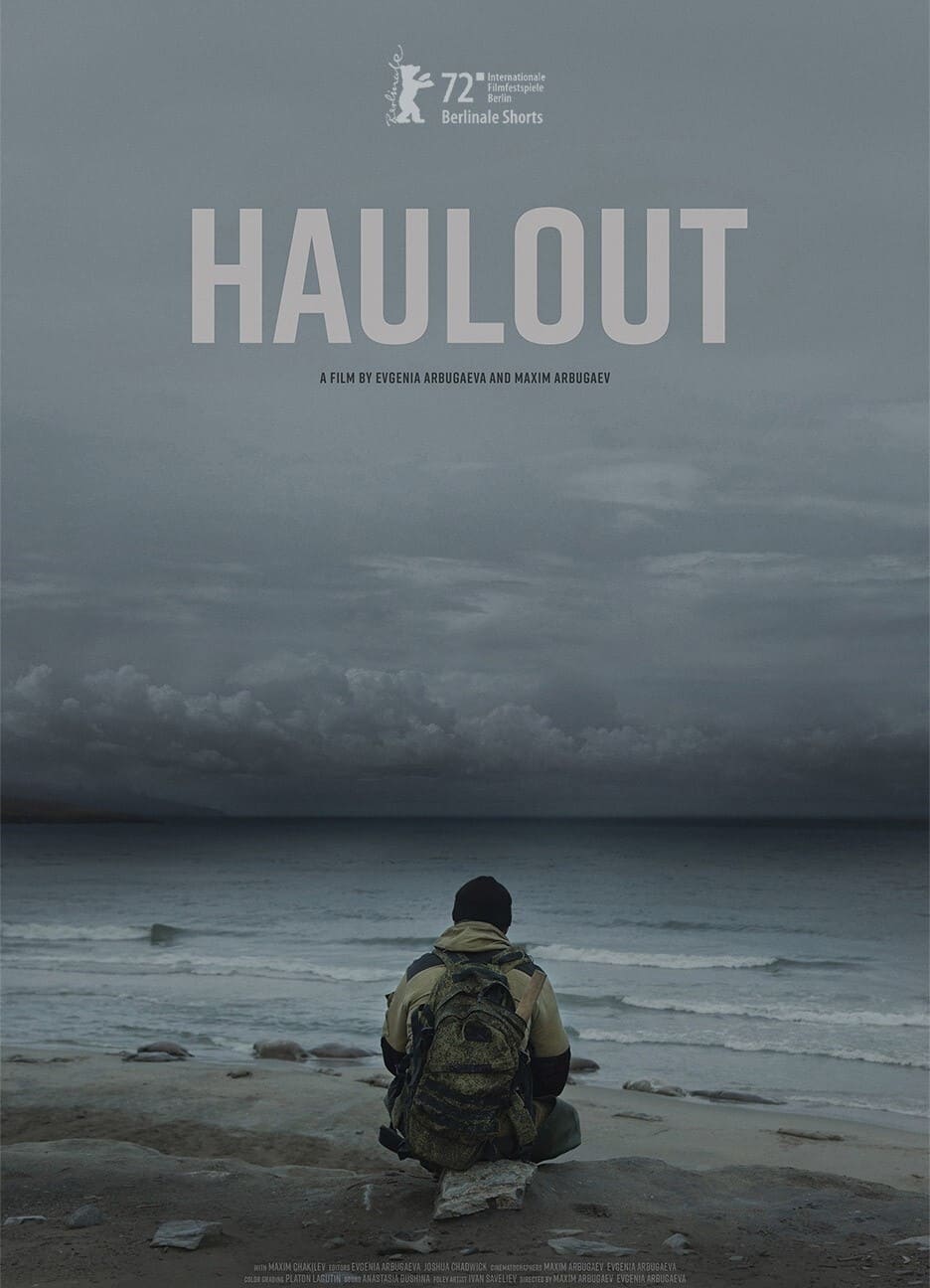
On a remote coast of the Russian Arctic in a wind-battered hut, a lonely man waits to witness an ancient gathering. But warming seas and rising temperatures bring an unexpected change, and he soon finds himself overwhelmed.
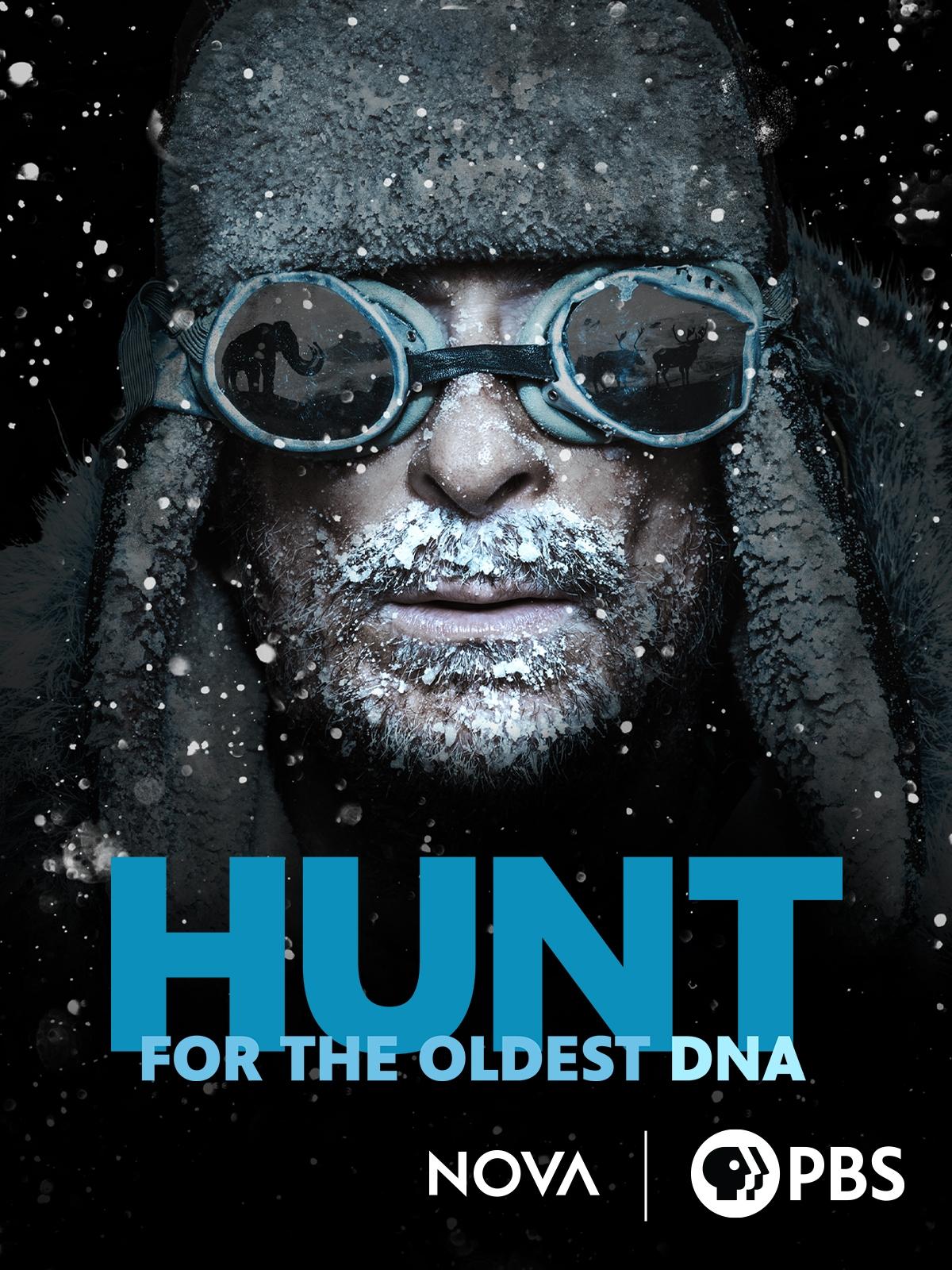
Three million years ago, camels roamed through Greenland’s endless forests and our ancestors lived in the trees. It all came to an end with the Ice Ages. What died and what survived, as natural selection shaped the evolutionary tree during this epochal shift from hot to cold? Until now, scientists have known less about the natural world before the Ice Age than they did about the age of dinosaurs, which ended 64 million years ago. A new discovery is set to reveal this lost world, species by species. Led by Danish gene-hunter Eske Willerslev, a team of scientists for the first time in history is sequencing DNA from before the Ice Age. The picture that emerges is of a hot planet, when forests blanketed the Arctic and carbon levels matched those in our atmosphere today. Is this a portrait of our own climate future?


Fascinating new translations and fresh research are transforming the myth of Atlantis from the realm of fantasy into an incredible reality. Travel across continents and centuries to unlock the secrets of Plato's final legacy - a true story of Ancient Greece, Africa, and climate change across deep time.
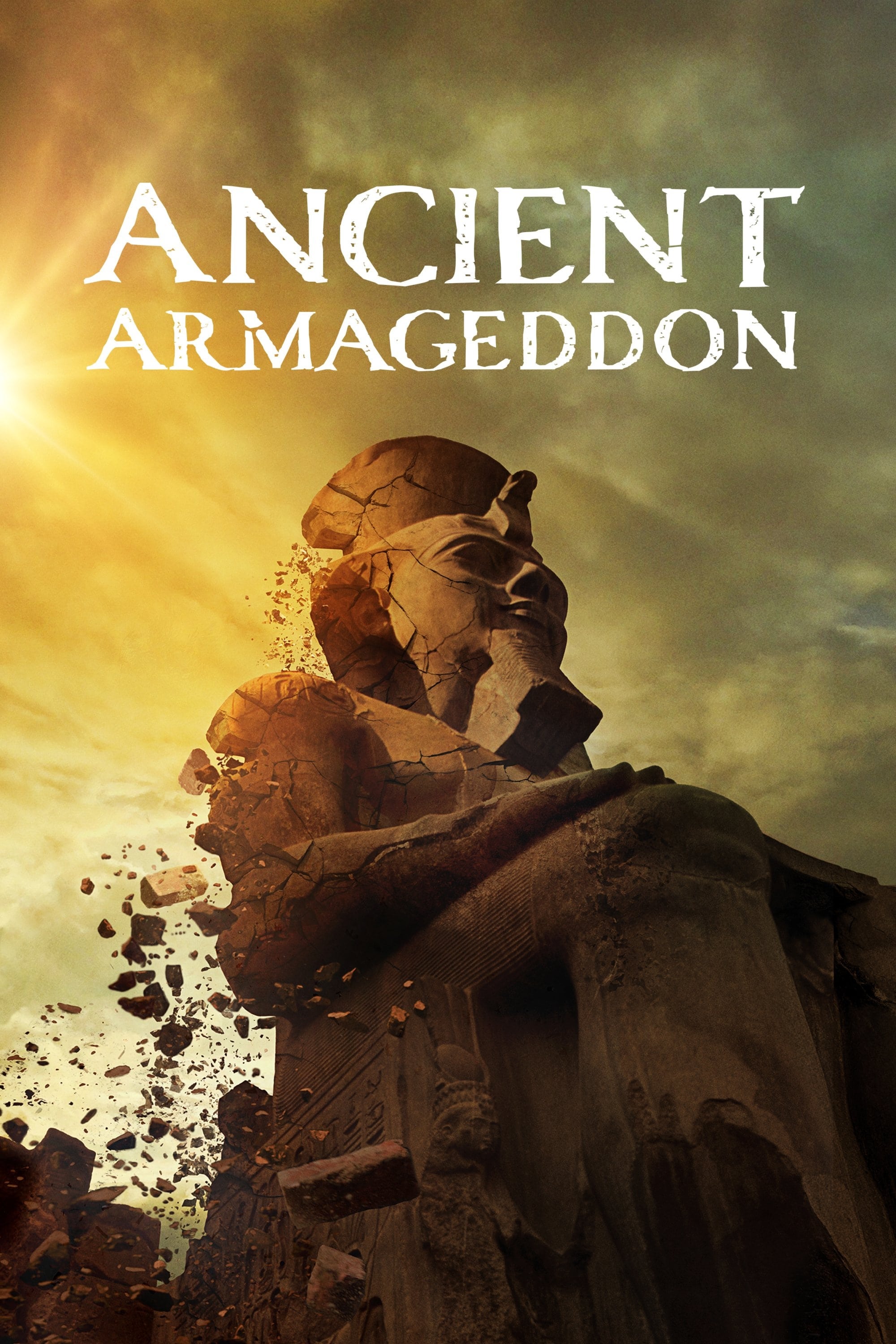
This explores the mysterious and catastrophic collapse of ancient civilizations during the late Bronze Age, from the Hittites to the Mycenaeans and the Egyptians, revealing the tumultuous events that brought an end to a thriving era of human history, and warns we may be facing similar threats today.
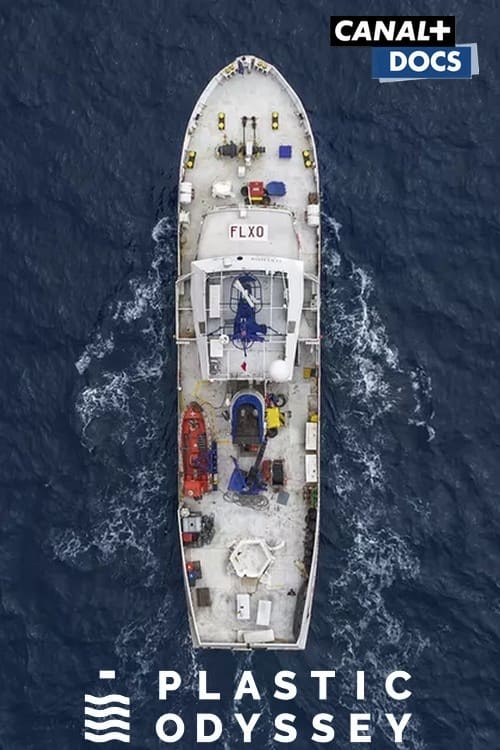
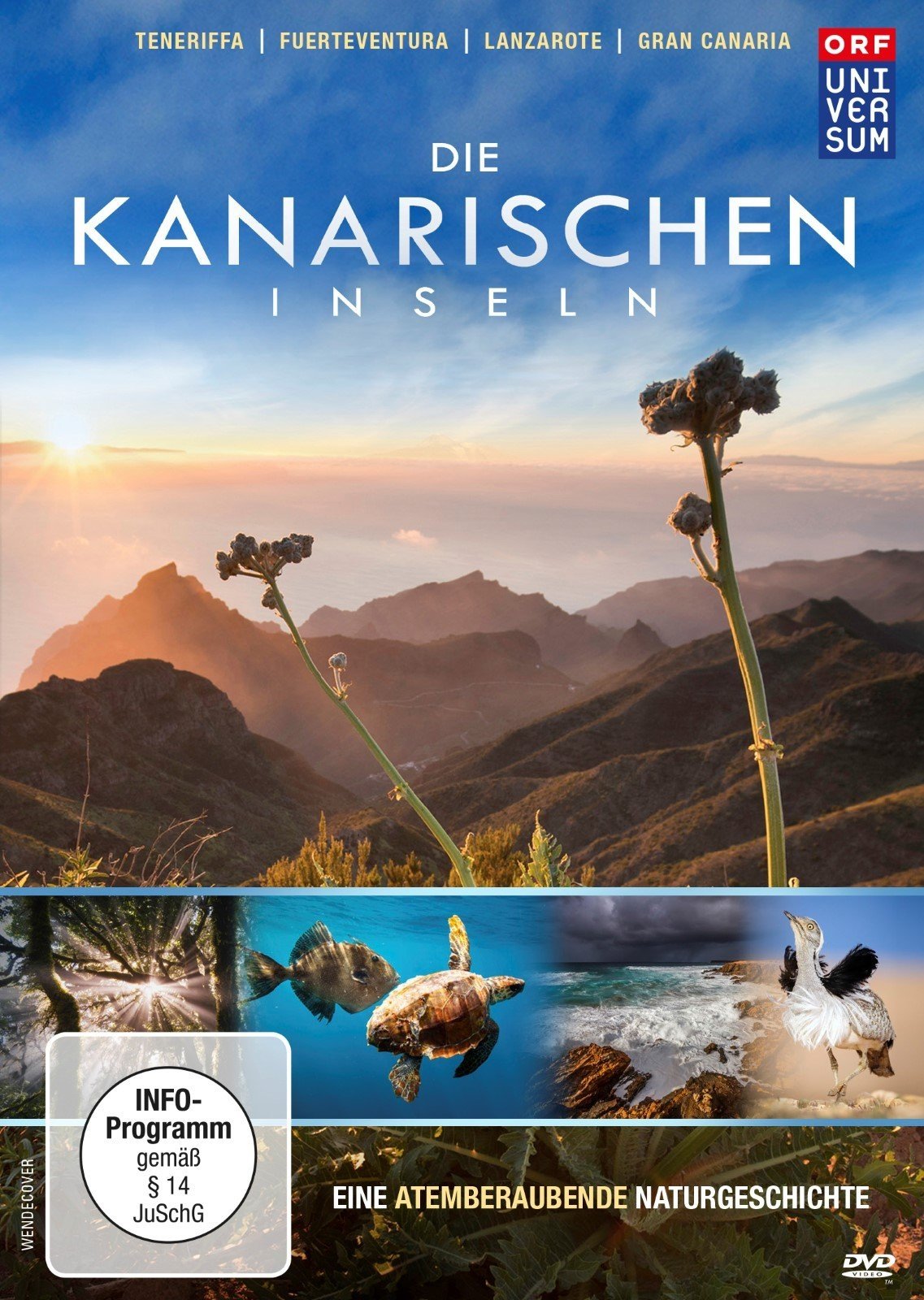
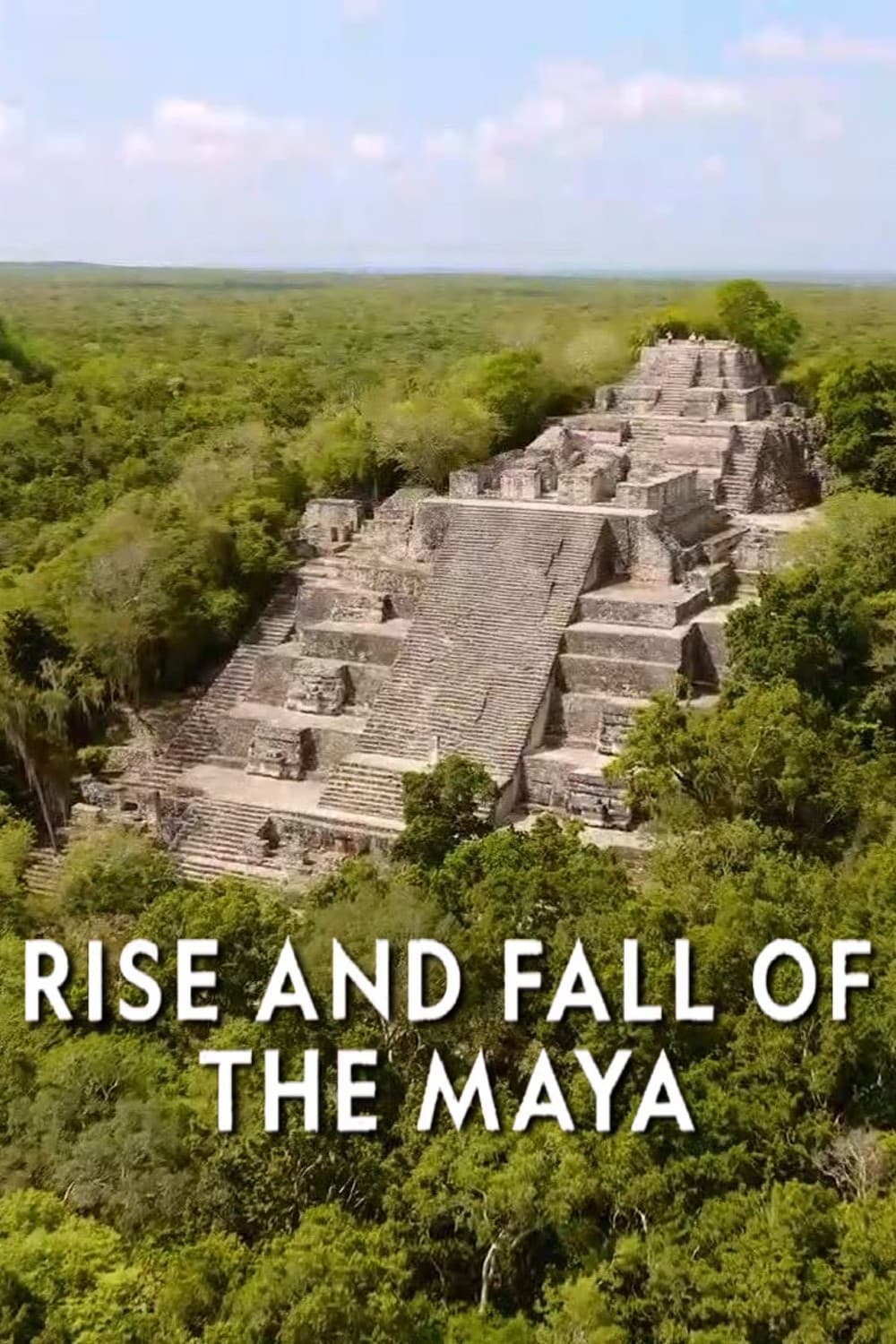
Despite decades of research, many mysteries remain about the ancient Maya. Now, archaeologists are unearthing new clues that transform long held ideas about how these people came to dominate vast areas of Mexico and Central America. Through immense lost monuments, ancient inscriptions and new forensic evidence, this series tracks the Maya from their earliest origins all the way to the present day, unlocking the dark secrets of the rise and fall of the Maya.

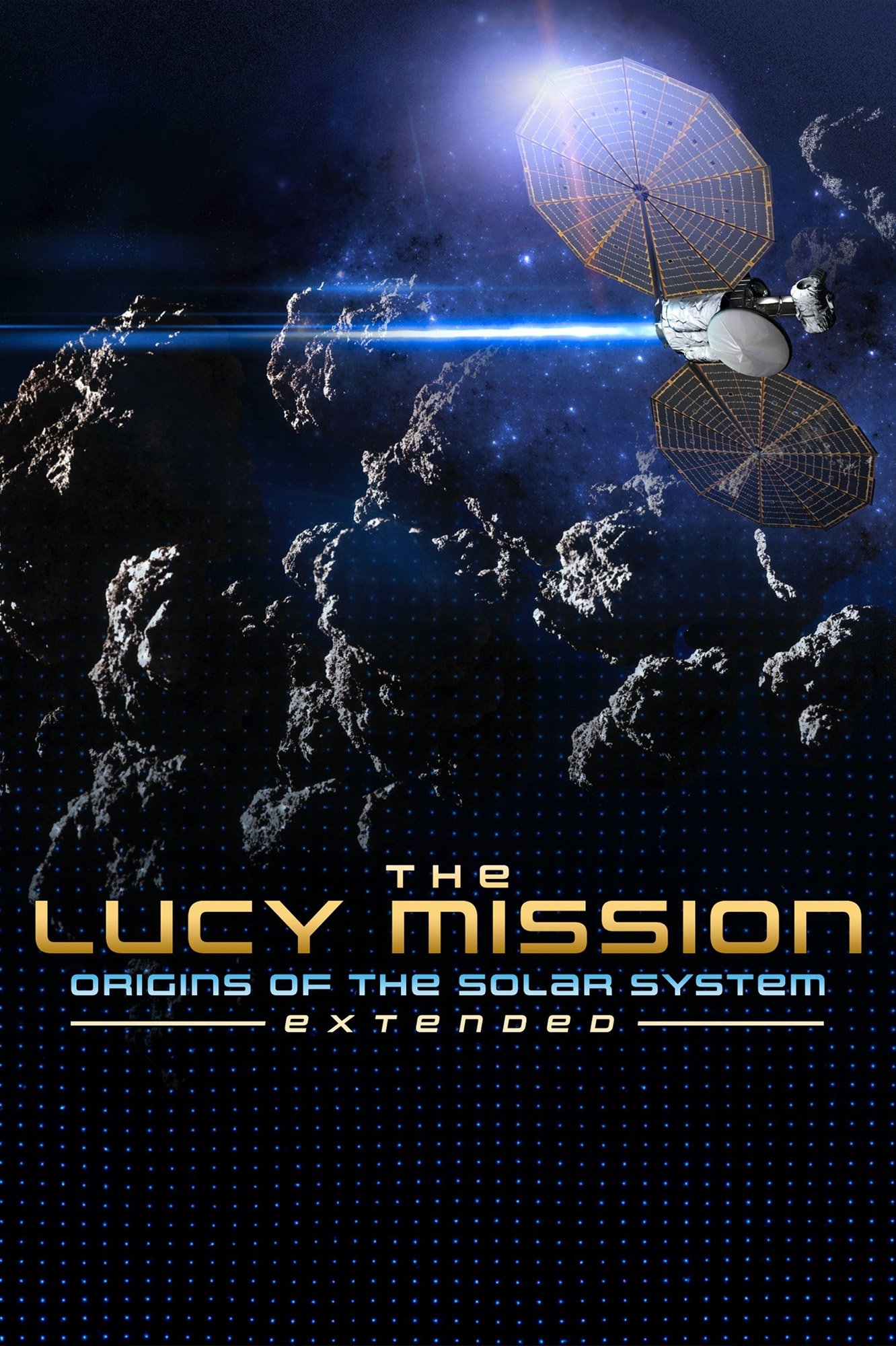
For two and a half years we followed the scientific team of the NASA Lucy Mission a mission that will unveil the origins of the Solar System and shared with them the many challenges they had to overcome such as a countdown to launch on time the building of the huge solar arrays or a pandemic.
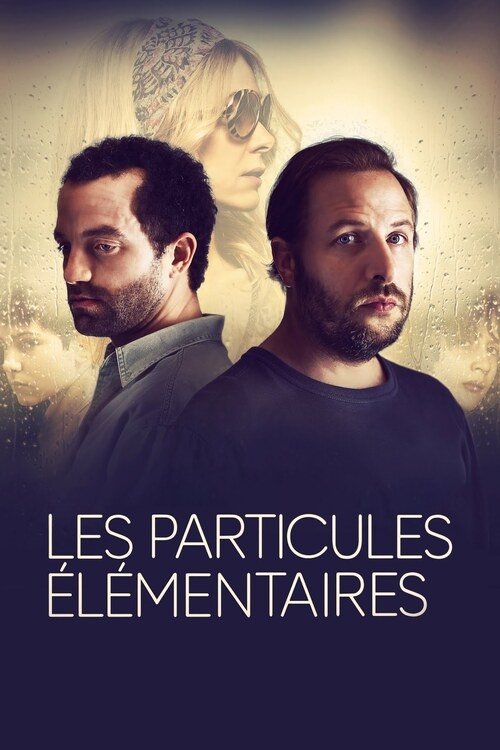
2009. Michel Djerzinski, a genius researcher specialized in molecular biology, mysteriously disappears in Ireland. His latest discoveries would have opened the way to a major upheaval in the history of human genetics. This is the occasion for a dizzying plunge in time where we discover his half-brother Bruno, a tortured joker who will meet love in a post-sixties campsite, Janine, Bruno's and Michel's mother, a former hippie who has always refused to raise her children in a conventional way, and Annabelle, with whom Michel will fall in love as a child.

Bacteria, viruses, but also fungi, algae, pollen, and even insects: micro-organisms thrive and circulate constantly in our sky. How can so many living beings find their way into the air and circulate? How do they survive? And what influence do they have on our lives and the living world? Biodiversity, health, climate: it is only recently that scientists have begun to understand how this discreet aerial "plankton" affects our lives and our ecosystem. But despite their many virtues, some of these micro-organisms are now threatened by human activities. With the help of experts and 3D models, this scientific investigation plunges us into the heart of a still mysterious world, and reveals the diversity and fragility of the air we breathe.

Most of us think of death as something clear-cut, and that medical science has it neatly figured out. This feature documentary explodes such assumptions through its exploration of a phenomenon that blurs life and death to an unprecedented degree. In what Tibetan Buddhists call tukdam, advanced meditators die in a consciously controlled manner. Though dead according to our biomedical standards, they often stay sitting upright in meditation; remarkably, their bodies remain fresh and lifelike, without signs of decay for days, sometimes weeks after clinical death. Following ground-breaking scientific research into tukdam and taking us into intimate death stories of Tibetan meditators, the film juxtaposes scientific and Tibetan perspectives as it tries to unravel the mystery of tukdam.
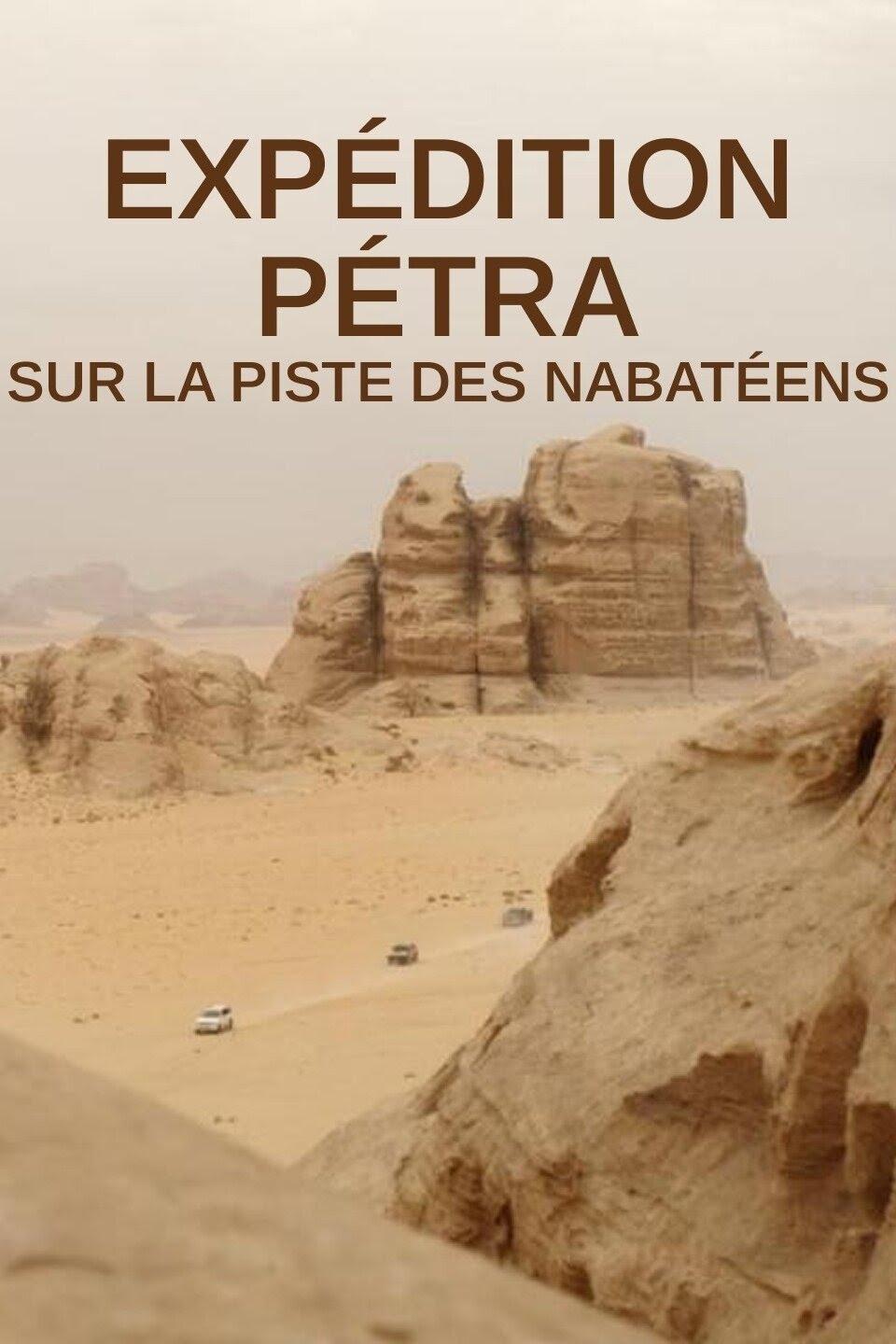

Could psychedelics treat depression? Banned substances such as LSD and psilocybin are now being tested for various afflictions. Several studies are ongoing with one of the largest being conducted by the Charité hospital in Berlin and the Central Institute for Mental Health in Mannheim, Germany. Since the risks and side effects of the substances have not yet been fully researched, their use for therapeutic purposes remains highly controversial.

David Attenborough and scientist Johan Rockström examine Earth's biodiversity collapse and how this crisis can still be averted.
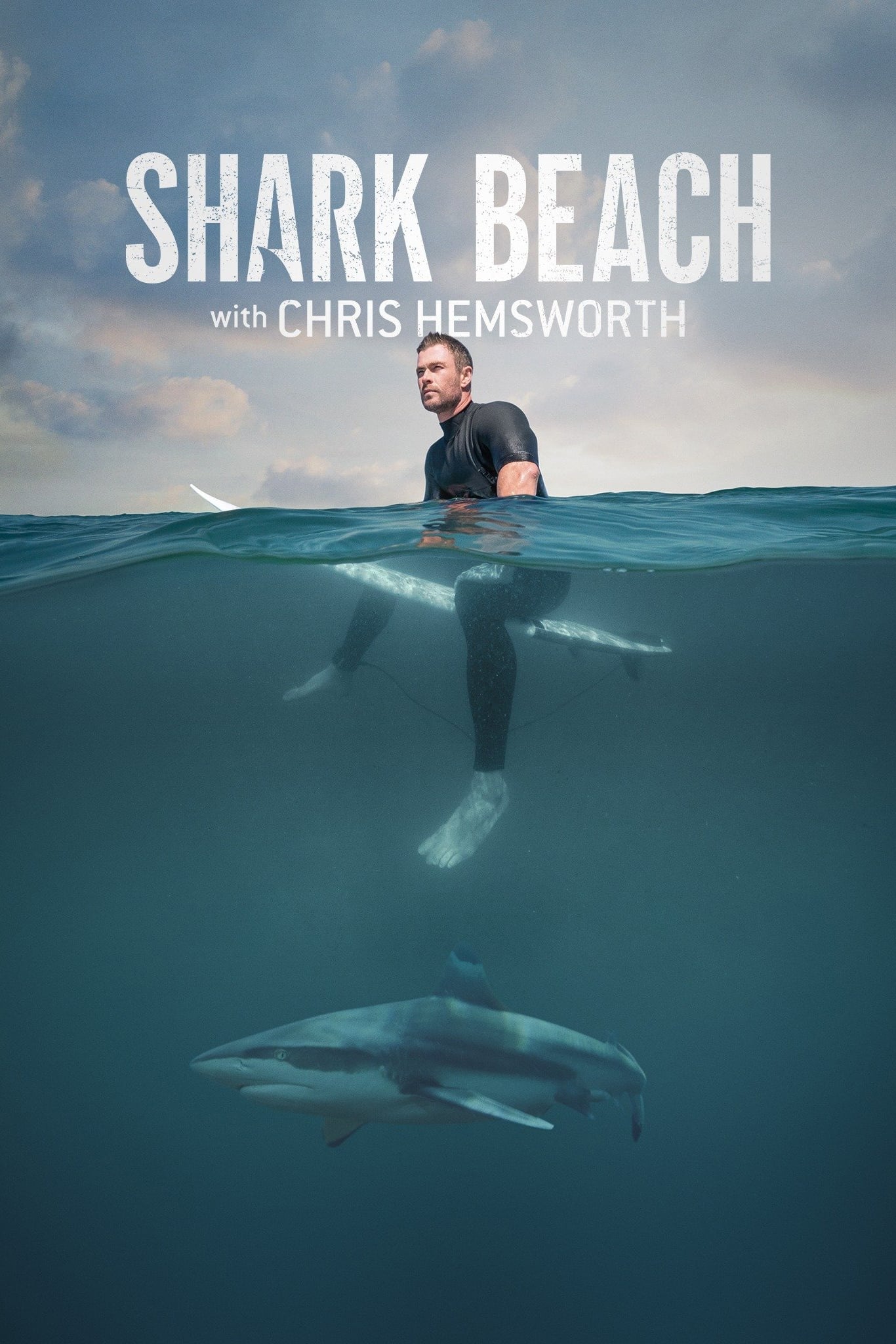
Chris Hemsworth has a real passion for sharks. The Hollywood star talks to experts to find out more about the apex predators of the oceans.
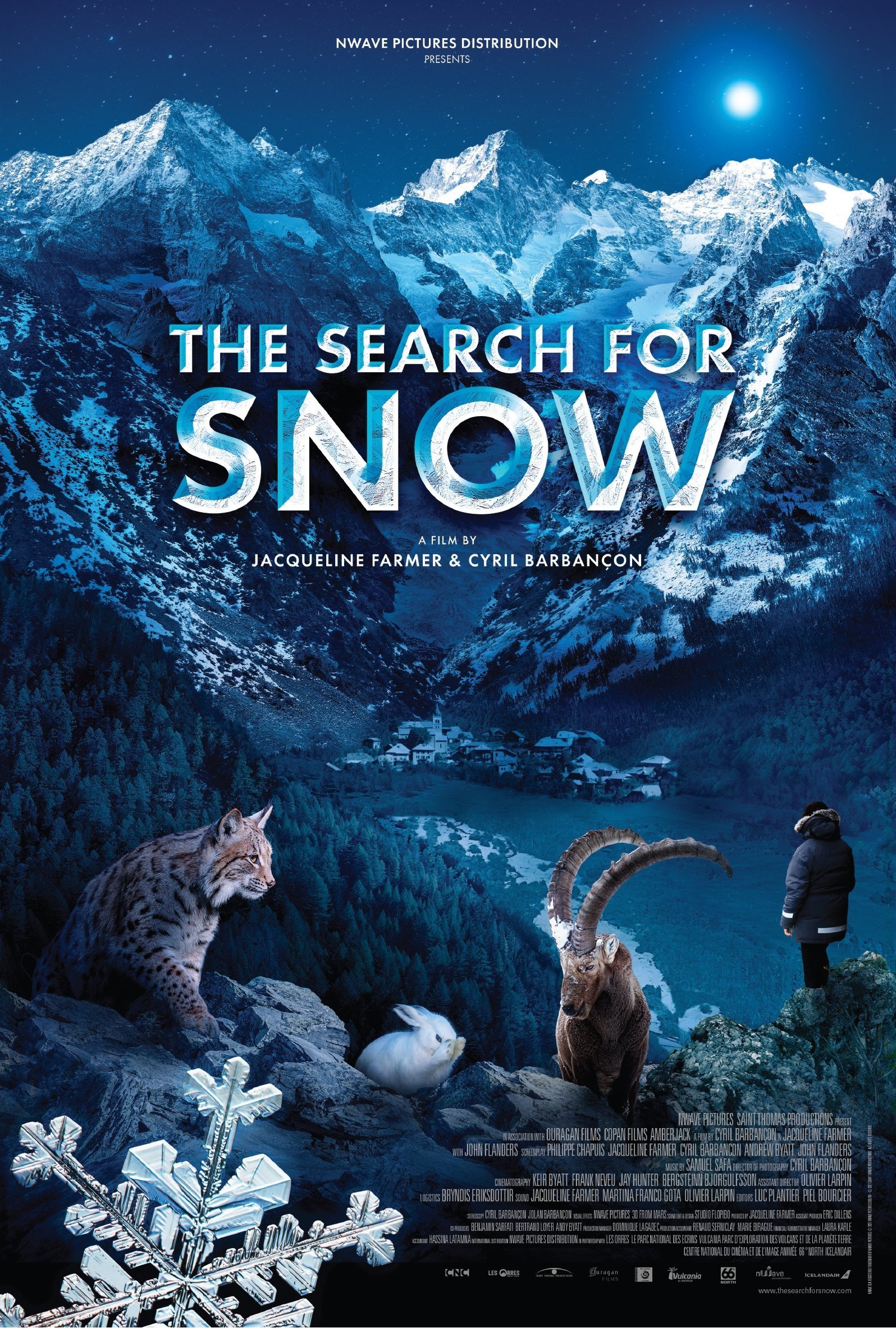
In the northern hemisphere, snow is produced by atmospheric low pressure areas that move in from the western Atlantic in the form of huge cloud masses. Snow is vital to the balance of mountain ecosystems. Many animal and plant species at high altitudes depend on it for their survival. But due to global warming, snow is falling less and less. Will there be no more snow in the future? In the Alps and eastern US the situation is clear: as temperatures rise, snow falls less and less, and snow periods tend to shorten. This threatens the mountain flora and fauna. What future do the marmots or alpine bells have without a heat-insulating layer of snow? What future do the marmots or alpine bells have without a heat-insulating layer of snow? What will happen to the conifers in North America without the annual frost protection? Research teams are looking at the implications for snow-adapted species. The documentation shows animal mountain dwellers, who hope for the long-awaited snow every winter.
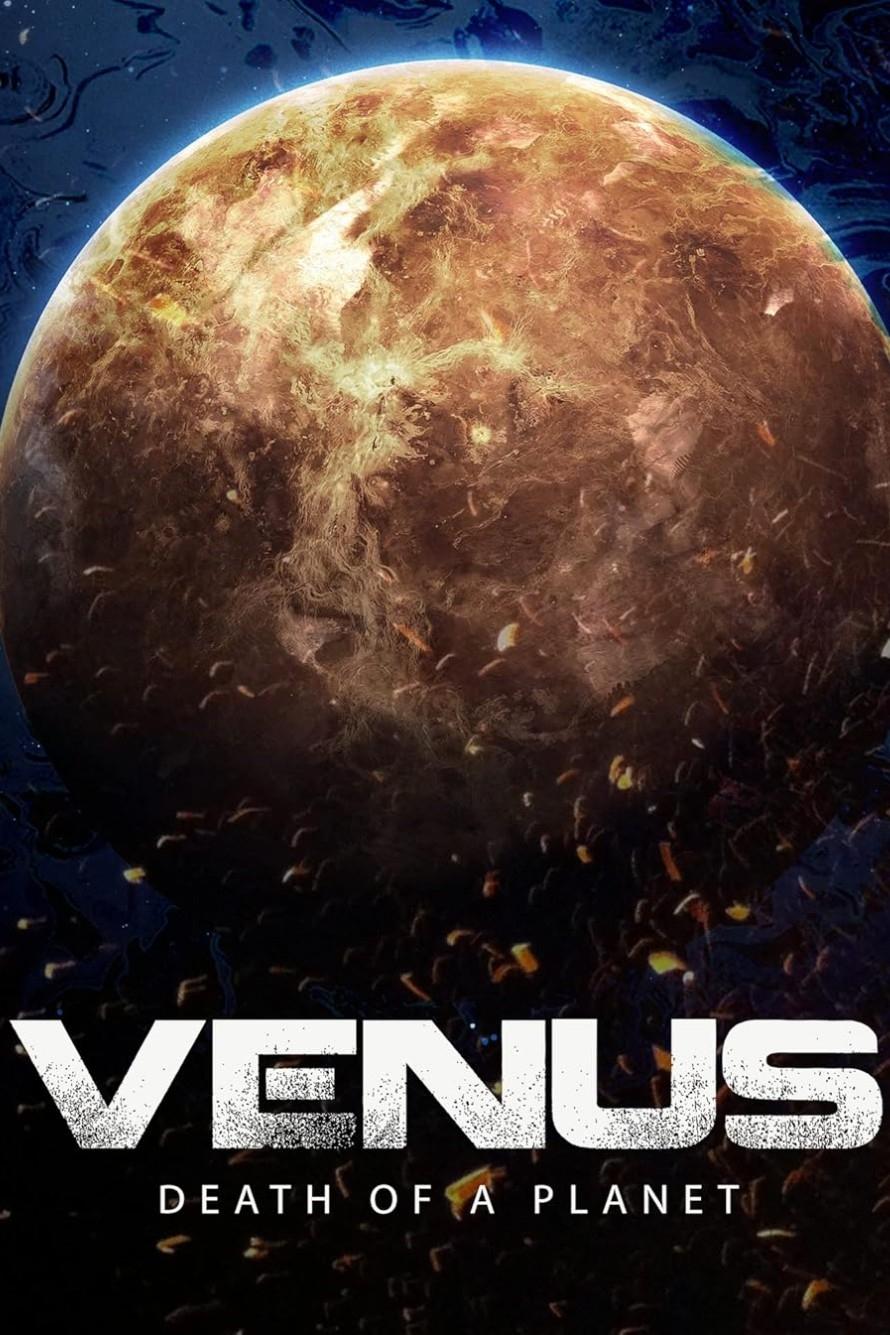
Billions of years ago, Venus may have harbored life-giving habitats similar to those on the early Earth. Today, Earth's twin is a planet knocked upside down and turned inside out. Its burned-out surface is a global fossil of volcanic destruction, shrouded in a dense, toxic atmosphere. Scientists are now unveiling daring new strategies to search for clues from a time when the planet was alive.
By browsing this website, you accept our cookies policy.